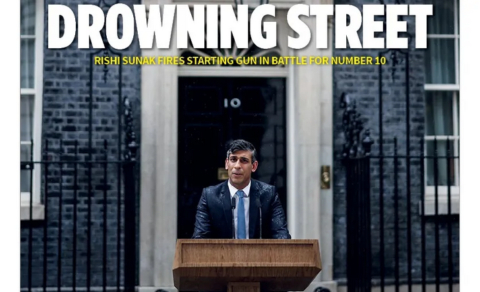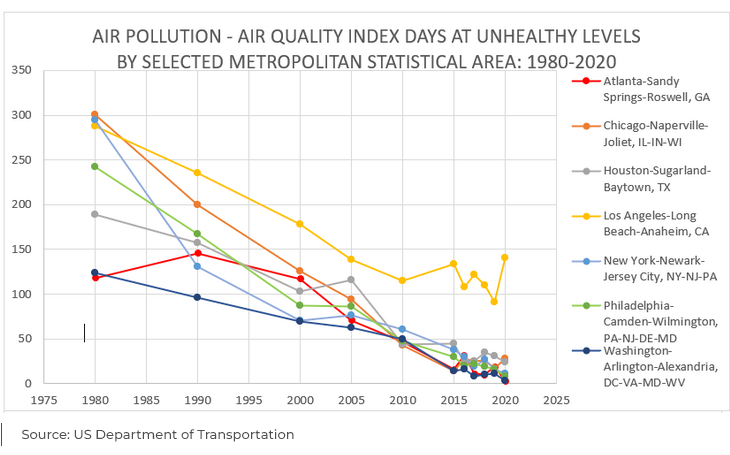When British PM Rishi Sunak decided to drop the writ for a general election, he must have thought he was boldly seizing the initiative but his timing was characteristically bad:
If your pitch to voters is that Britain needs protection in dangerous and uncertain times, it’s probably best to first show the voters that you can protect yourself.
For example, if it’s raining, you might want to consider demonstrating the good sense to wear a raincoat. Or carry an umbrella. Or if, say, you are the prime minister of an entire country, with an events team at your disposal, you might want to consider erecting a tent of some sort, something that can keep you dry without ruining your visuals.
Or you can be Rishi Sunak, the beleaguered British prime minister, and stand out in the pouring rain, unprotected, and get drenched as you state your case for more time to be the country’s leader, evading the storm only when re-entering the house you will surely be vacating after voters have their say on July the 4th.
To be fair to Sunak, it’s not easy to predict the weather in London. Nor can you always control the timing of events. But when it rains all of the time where you live and you do absolutely control the timing of events, as a British prime minister does when calling an election, it’s unforgivable to be unprepared. There’s a reason most Brits keep an umbrella nailed to their hips, and it’s not style.
And if you think this is to make a mountain out of a molehill, you should check out the front pages of the U.K. papers on the morning after the election call. “Drown & out”, blared The Mirror. “Drowning Street”, chortled another broadsheet. “How long will (Sunak) rain over us,” chirped in a key regional title. Each headline was accompanied by a grim looking Sunak soaked to his whippet-like core. The presentational details matter, especially when you’re putting yourself in the shop window.
Then again, to expect anything more from a Conservative movement that is running on fumes after 14 turbulent years in power is to put hope over experience. It’s been a draining (nearly) decade and a half. There was the austerity and economic uncertainty of the coalition years. The referenda — Scottish and EU — that choked off most debate on other issues in the middle part of the last decade. And then came the double act of COVID and Ukraine, a compounding whammy that hammered supply chains and put up energy and other prices, prompting the worst cost-of-living crisis in generations. It would have been enough to test any leader’s mettle, which is probably why the Conservatives have had five prime ministers during their stretch in government, including three in 2022 alone.




 Controllers say the eight-tonne spacecraft appears to be in a stable condition, but they are not receiving any data at all from it.
Controllers say the eight-tonne spacecraft appears to be in a stable condition, but they are not receiving any data at all from it.

